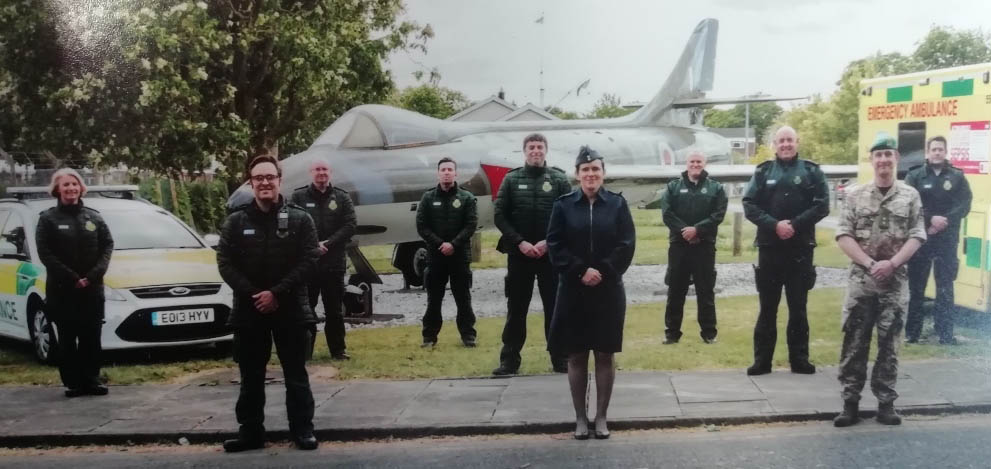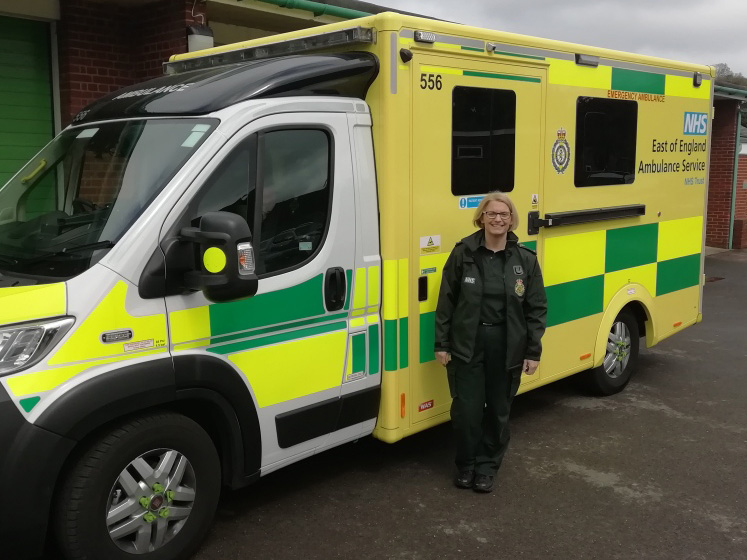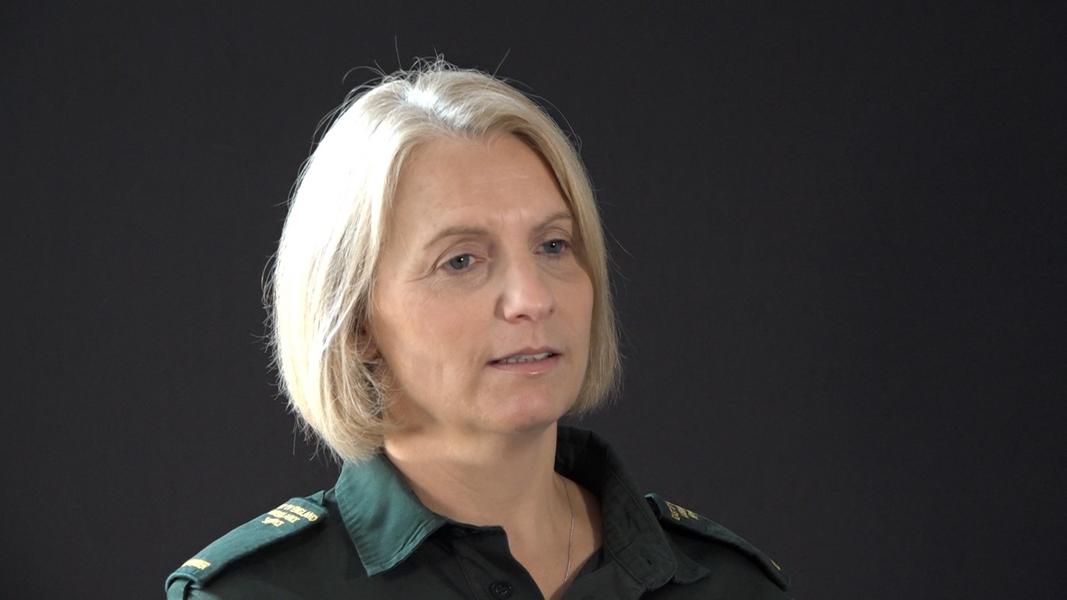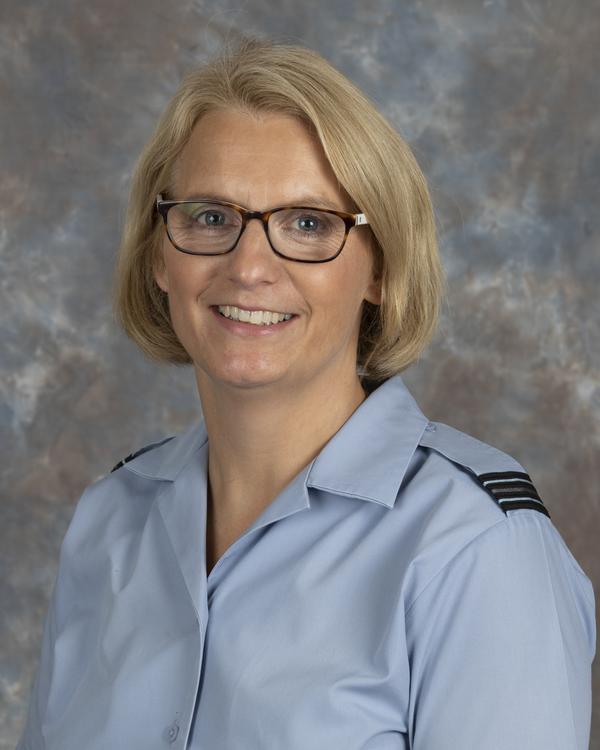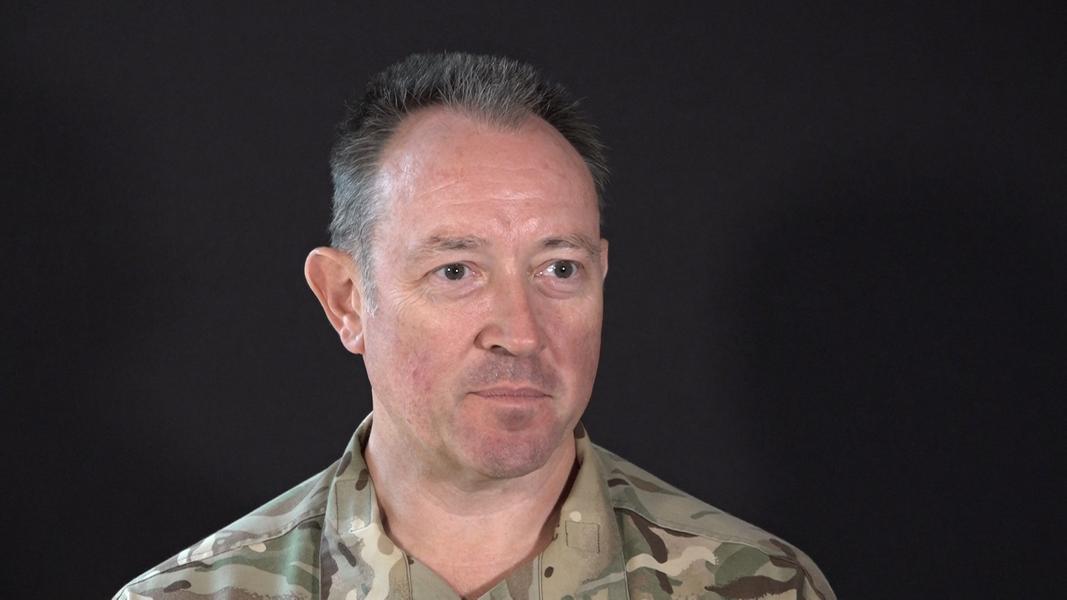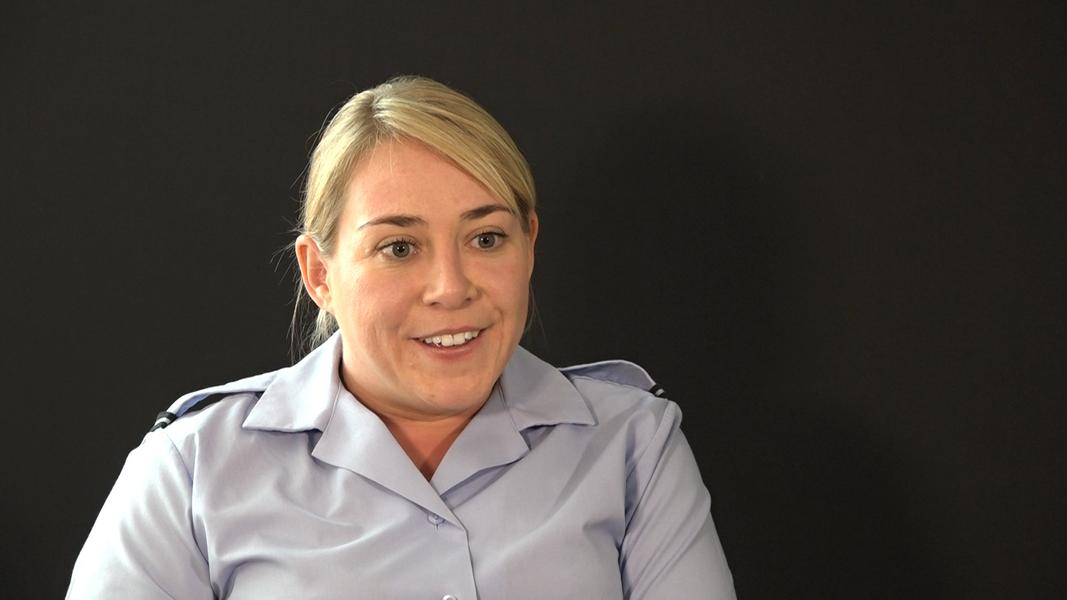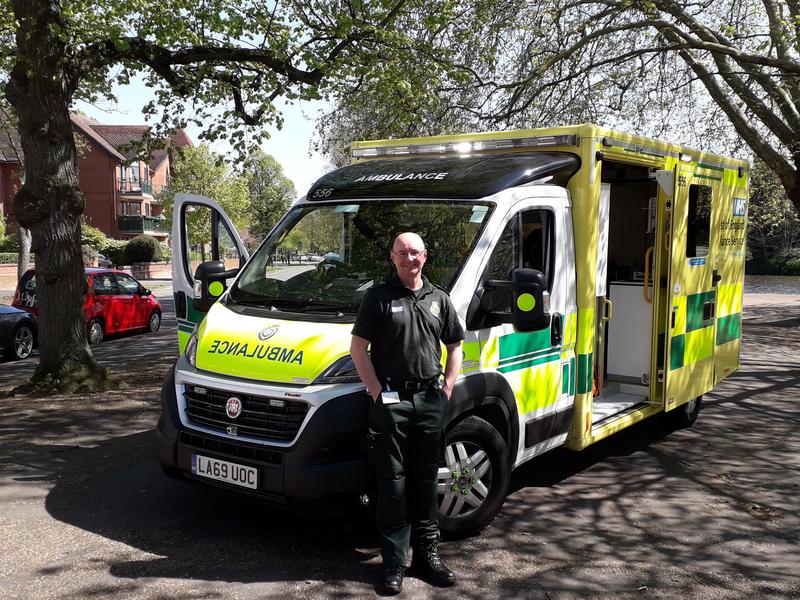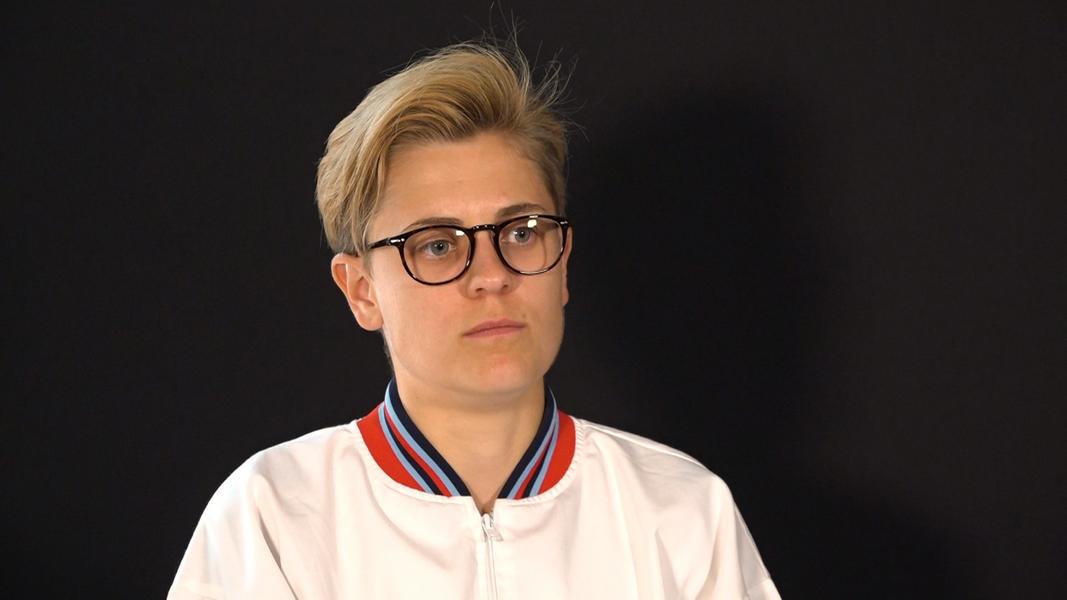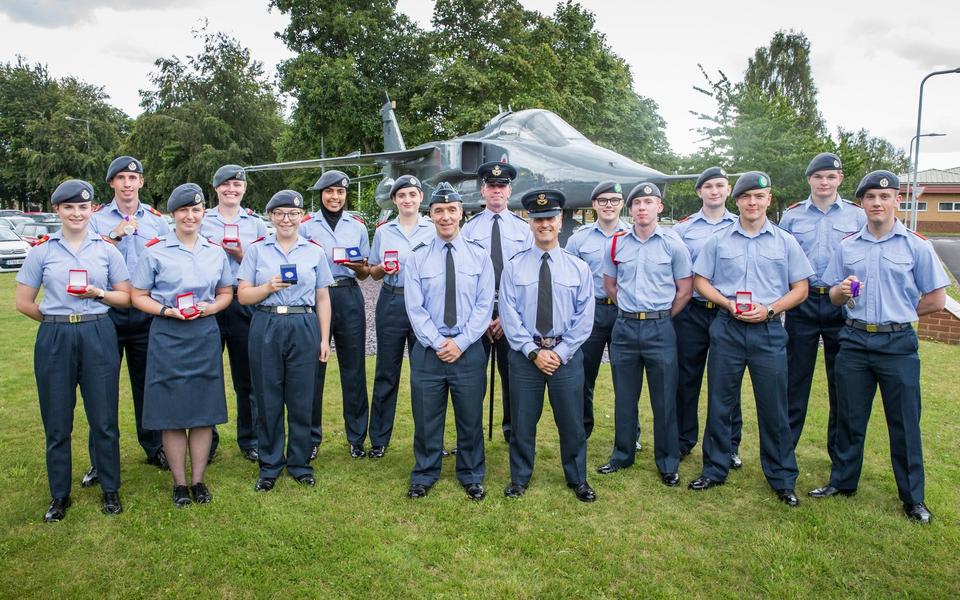the community responders helping the ambulance service.
And we wouldn't always tell all of the patients
that we were volunteers, depending on what part
of the community we were in, whether we felt
we wanted to share that information
because of course we don't want to tell everybody
within the military because of people's opinions.
But we went into a Dutchmen's house who had
photos of old aircraft on his walls
and so you kind of knew there was an interest
or they'd been some kind of history in the property
or the family of the military or of the air force
and so we would ask the question,
What are the air force pictures represent?
And then this individual would say
"Oh well I was in the air force,
"I served back in you know, 1950s."
And then we would open that conversation
and say oh well we're also in the RAF,
we're volunteers for the ambulance service.
And you know, the rapport that you build with those patients
is vital and they start to become relaxed
and they start to open up
and senior people are quite stoic in in their response
and they don't want to let you know that they're poorly,
they don't want to let you know that they're in pain.
They want to brave it, they want to be strong.
But actually that doesn't help anybody
when they want to be strong.
We need to know what's wrong with them.
So if you can build that rapport
and if that is about getting on the level with them
to say that you're just human at the end of the day,
you get so much more for the patient.
And it's great, and people are quite surprised
when I say "Oh my colleague,
"he's a policeman in the air force
"and I look after training."
They're like "Oh, so where have you based?"
And you know, you talk about things
and they forget about why they called
you in the first place.
